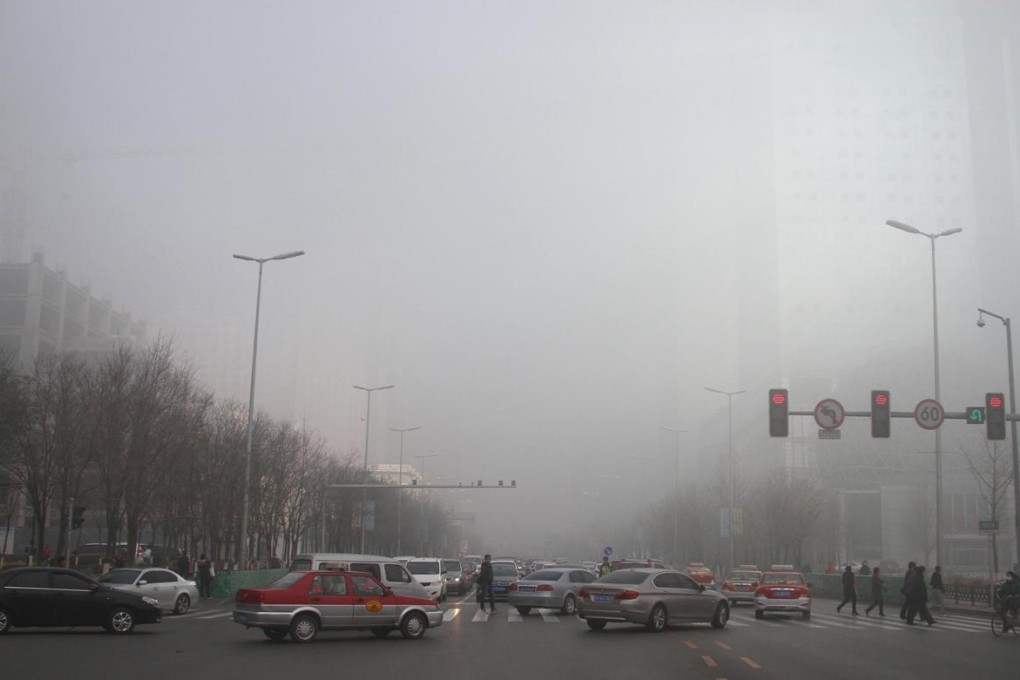Political will needed to beat pollution
The mainland has proved that its choking smog is more than just a meteorological hazard during winter.

The mainland has proved that its choking smog is more than just a meteorological hazard during winter. By limiting vehicles in the capital and shutting down factories across the region, the authorities managed to temporarily clear up the sky for foreign leaders attending the Asia-Pacific Economic Cooperation summit last month. Ephemeral as it is, the so-called "Apec blue" phenomenon shows that curbing pollution is essentially a matter of political will.
So when President Xi Jinping says he believes "Apec blue" can be preserved through unremitting efforts, the people rightly expect better efforts from the government. Understandably, the traffic ban cannot stay every day; nor can factories shut down indefinitely. But last month's crusade shows Beijing's smog is linked to emissions. A crackdown on heavy polluters is the least the government should do.
The case has been made stronger in a study led by the Institute of Public and Environment Affairs. Using pollution data published by government agencies, it found that more than 1,000 listed firms - or 40 per cent - had a record of breaches. The watchdog tracked more than 200 industrial giants, many of which are state-owned, for three months and found rampant environmental violations by their branches and subsidiaries. Some emissions exceeded national standards for most of the study period, suggesting that pollution treatment facilities might not be used at all.
Anti-pollution law on the mainland is not known for being a deterrent. The widespread violations suggest polluters may consider environmental fines as part of their business operation. The watchdog said one steel enterprise plainly replied saying it didn't find the smog issue important.
Adding to the concern is that the polluters are state-owned firms, which may be given privilege despite having better resources for compliance. Xi's remarks on "Apec blue" have given hopes of better efforts to combat smog. A crackdown on polluting state enterprises would be a good start.